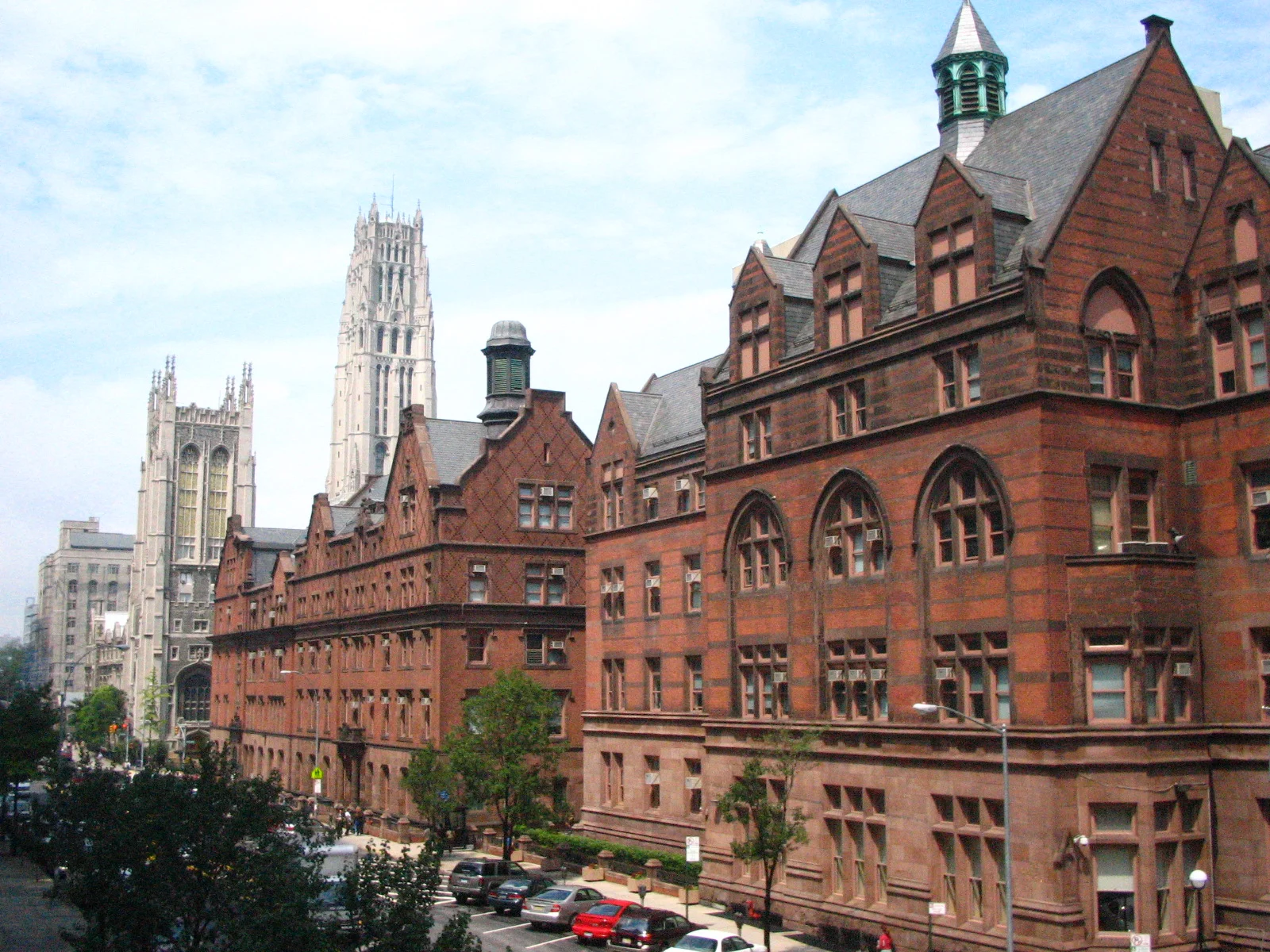The Need
American universities increase knowledge in many branches of study, but they lack a coherent framework for holding that knowledge together. At the same time, they too often encourage students to see religious and moral commitments as insignificant, relative, subjective, or simply disconnected from their studies. Even when they are exposed to the great thinkers of the Western tradition, students are not always encouraged to consider their arguments as serious possibilities for ordering contemporary life and knowledge.
In addition, students face many pressures from grading and the ideological expectations of peers in the classroom, and have few opportunities to interact meaningfully with professors outside the classroom. They crave opportunities for discussion that are more relaxed and intimate than their classes, but more formal than what can be found in social life on campus—places where students, guided by and in conversation with faculty, are more easily able to seek truth for its own sake. Likewise, students can profit from guidance and structured opportunities for discussion and reflection to help them mine the rich cultural opportunities in New York City.

